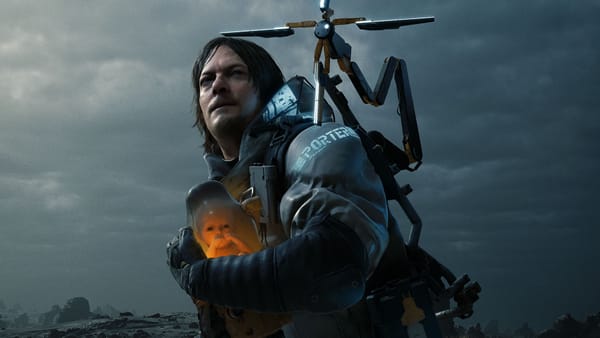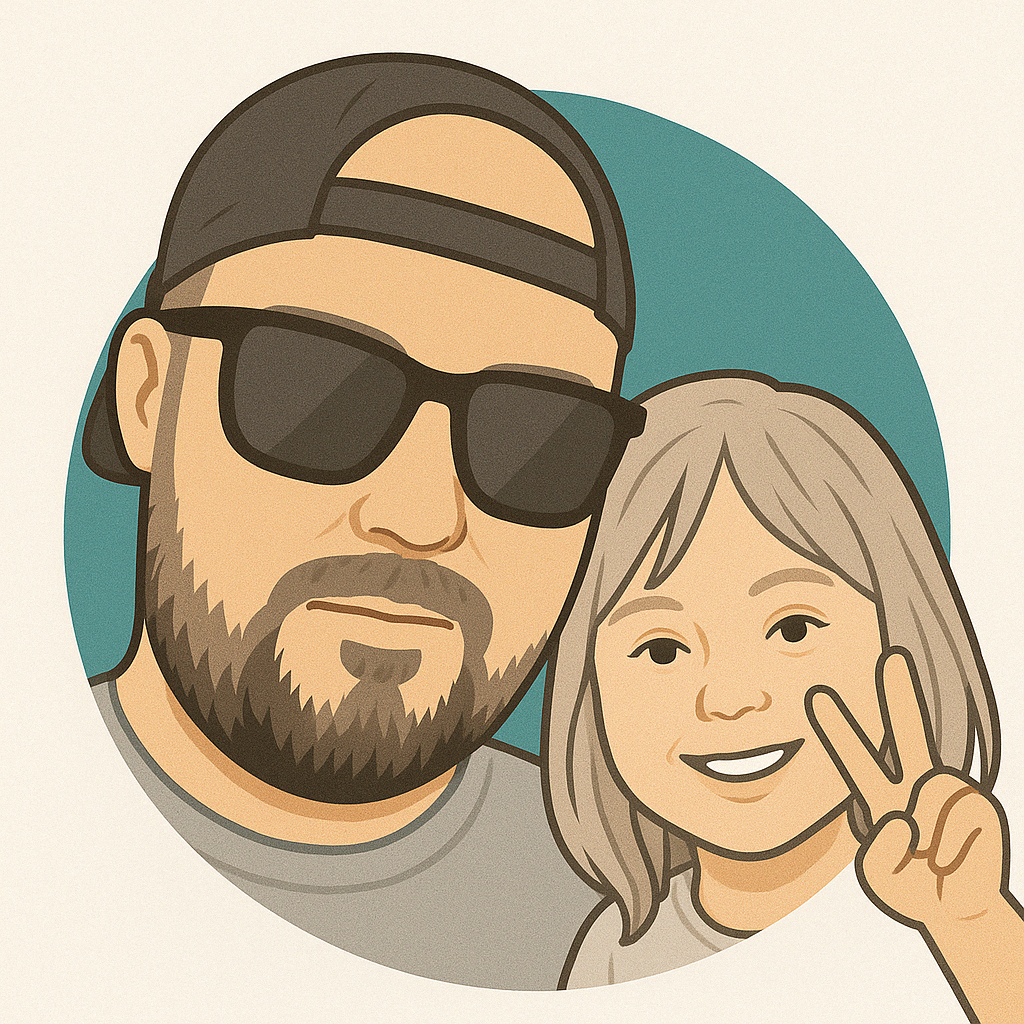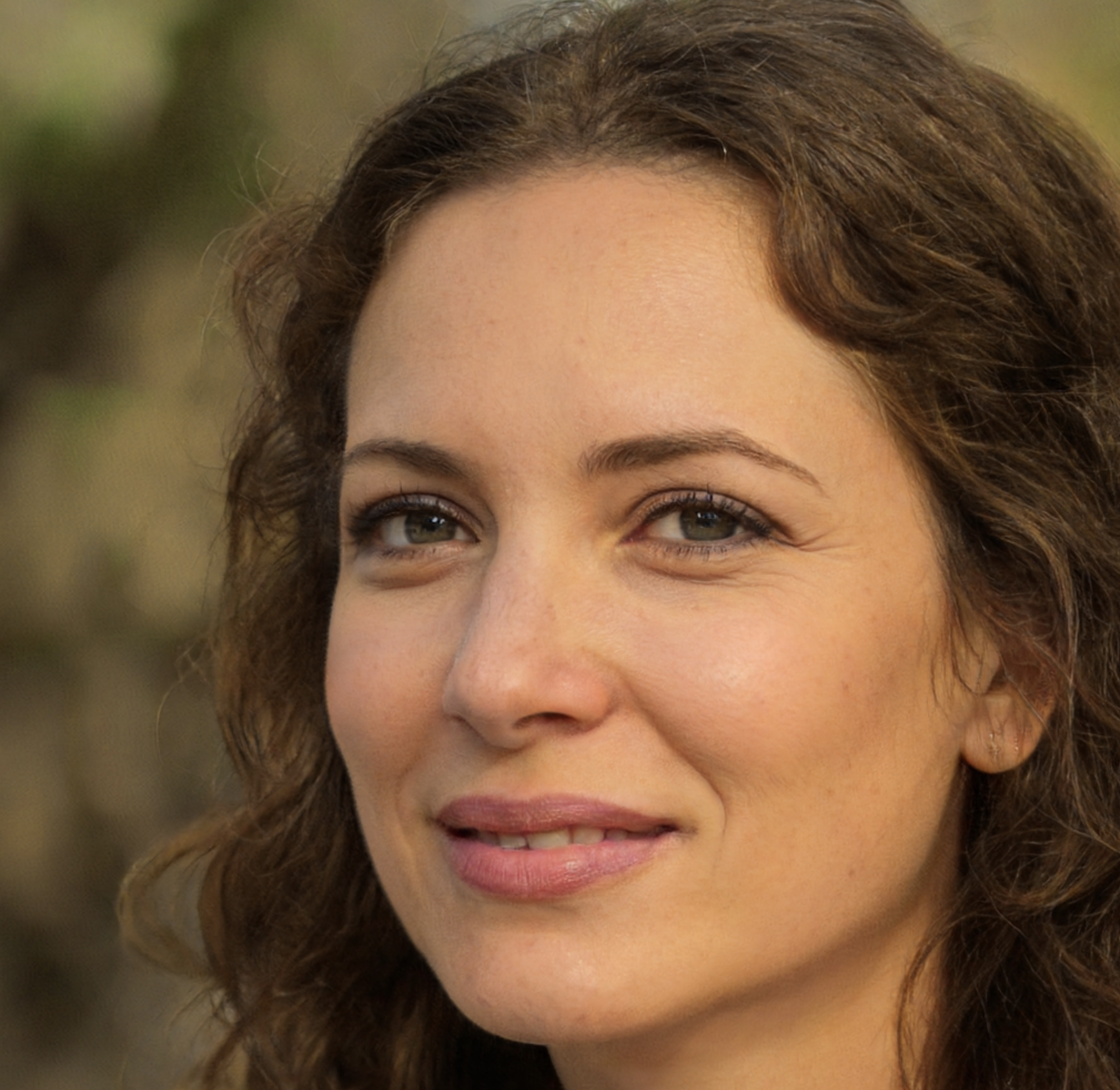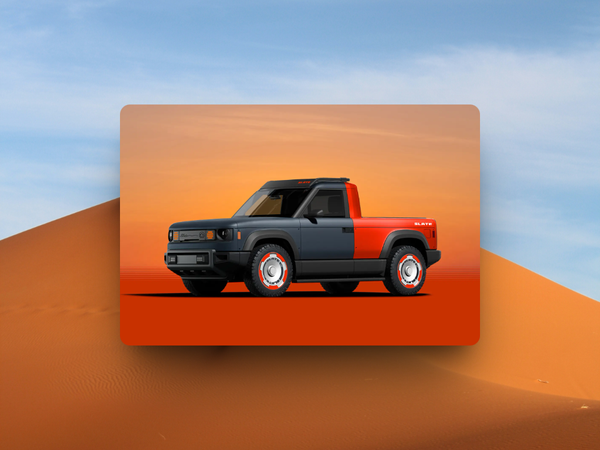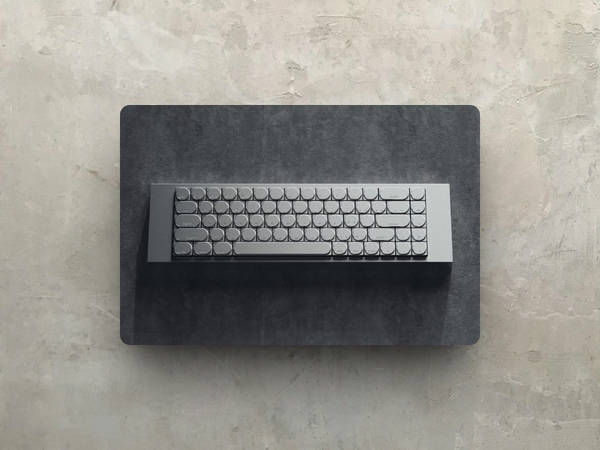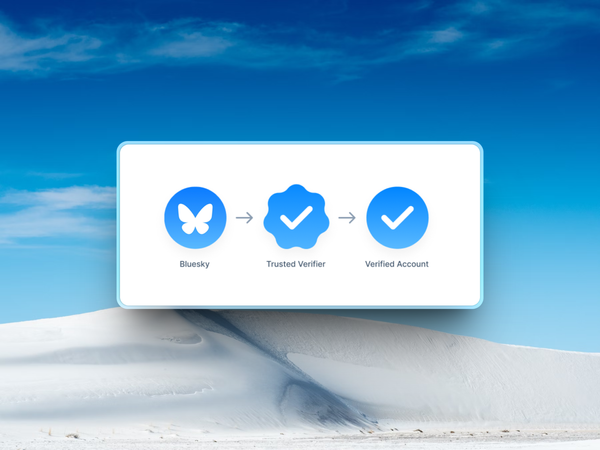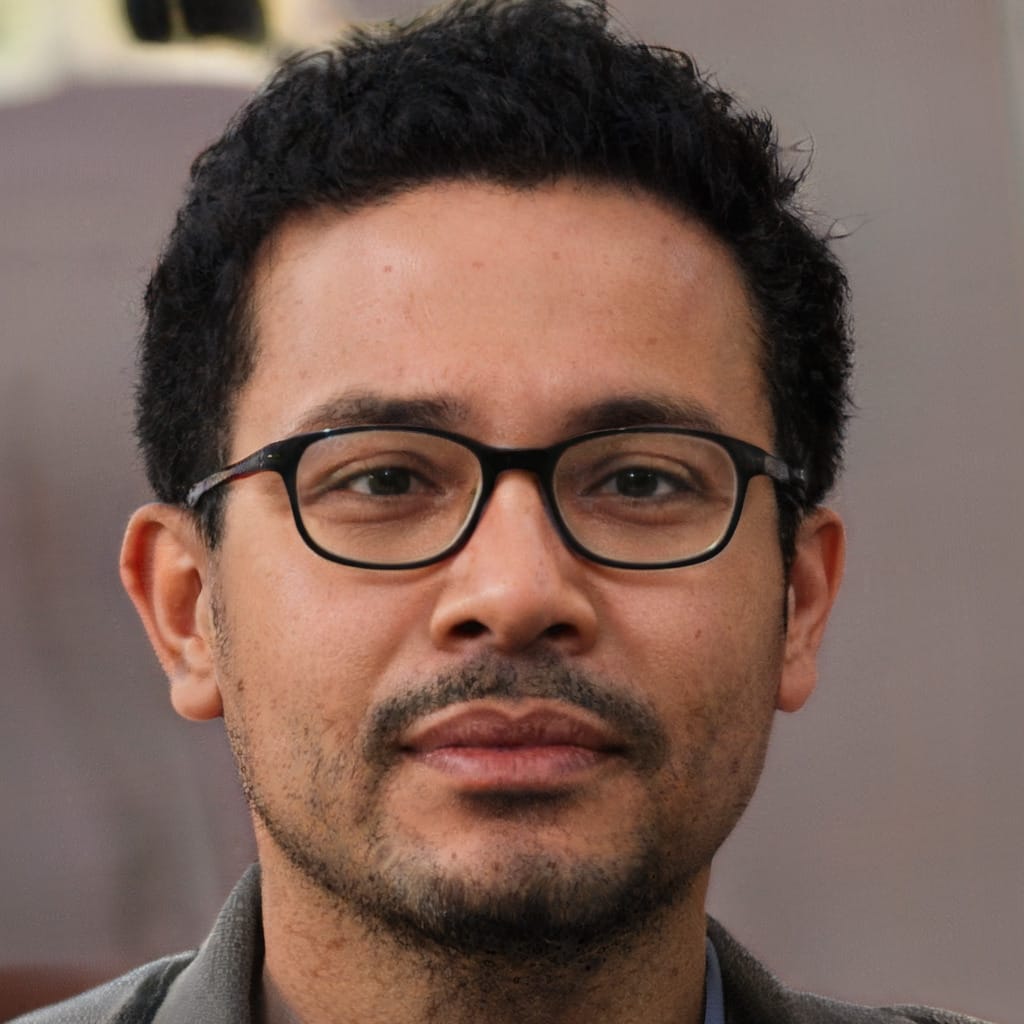Just before COVID-19 hit, I had no idea I was about to lose my job. I should have known because all the telltale signs were there.
The mounting pressures of the role, combined with hostility from superiors and an escalation of Slack messages that ranged from veiled animosity to an overtly aggressive tone.
My time was coming to an end.
The stress had my mind wandering to places I'd only dreamed of. I often imagined floating into the vast emptiness of space, resting safely on a gaseous nebula, far from life's responsibilities.
"Chris."
It never lasted though.
"Chris, do you think you're capable of doing that?"
Back to reality with a grimace.
"Chris, did you hear me? Rather than asking us what you think we should do, I think at your level you should know that. That's why you're the highest-paid member of staff outside of the owners?"
My end was not coming soon enough, however.
"My mind would drift again, this time to what I'd play that night to take my mind off the vulgarities I was swamped with. Death Stranding."
No, time would drag like the orbit of Neptune. Almost immovable. Imperceptibly slow. Anxiety was a constant demon that tightened its elongated talons around my neck with each passing day. The ability to speak, to think clearly, to inhale and exhale without infliction - autonomy I took for granted was eroding.
I was drowning in lakes of molasses, gasping for air that would never come.

My lunchtime walks became longer - more isolated - as I distanced myself from other colleagues who were, coincidentally, feeling much the same as I was. I'd only find this out when each of us was fired, one by one.
How could this continue? Well, because it had to. I had a family to support.
I always had a deep-rooted fear of losing my job. I guess most people do, but I'd often merge success and my ability to hustle and work as part of my identity. This caused my anxiety to peak to catastrophic levels.
"The founders left me walking in one direction, while they went in another direction to tell the team that I'd moved on."
My mind would drift again, this time to what I'd play that night to take my mind off the vulgarities I was swamped with. Death Stranding. That's what I'd play that night. Except I wouldn't, I knew then as I roamed around Belfast that I was lying to myself.
"I can't do this anymore."
Nights were dark but sleepless. I'd ruminate about the worst possible outcome over and over again. I was consumed, torn apart by grief for something that hadn't happened yet.
Until it did, and I didn't grieve the loss of my job at all.
"I can't do this anymore."
It didn't matter, it was taken out of my hands. My access pass was rendered inactive, and I was told in no uncertain terms that there was no room for me at the company anymore and that I must return any hardware issued to me.
The founders left me walking in one direction, while they went in another direction to tell the team that I'd moved on.
Good fucking riddance.

The Merciless Claws of Melancholy
What fascinates me the most about this experience is the sheer extent of apathy I harboured towards the very things that previously kindled joy and pleasure in my life.
Music I listened to on the morning commute now reminded me of each languishing step towards work hell. LinkedIn updates from successful colleagues sent me on a mental health death spiral. Images of the team out at the local like I never existed.
Maybe getting over this wouldn't be so easy after all.
While there was some truth to that, the remaining truth is that my depressive state was warping my self-worth. I shouldn't have let my mental state, brought on by a failed job, dictate what I was going to do for entertainment.
Taking long walks was the only thing I'd make time for now. I didn't feel any better on these walks, if anything it gave me more time to meditate on the worst. But I hoped deep down, that nature was doing its thing by way of proxy.
While the passage of time can often help heal emotional wounds, that healing felt out of reach for me. I still felt like I was stuck, my thoughts and feelings trapped in an endless, distant orbit, far removed from where I truly wanted to be.
After one of my longest excursions, Death Stranding remained atop my PlayStation 4, unopened. An invitation for some virtual escapism? No. No, it wouldn't be that easy I'm afraid. My brain evidently thought I hadn't suffered enough.

To my surprise, gaming was an arduous task and one that left me feeling more guilty than fulfilled. "I should be looking for a job, not worrying about how to reconnect with people in this fictional world. I need to reconnect with people in my own life first."
While there was some truth to that, the remaining truth is that my depressive state was warping my self-worth. I shouldn't have let my mental state, brought on by a failed job, dictate what I was going to do for entertainment.
In fact, I know better now.
Finding a mental escape is part of my healing process. Possibly part of your healing process too, no matter how difficult that might be. Whether that be taking the kids to the park, going for a hike, crying in the shower or connecting characters in a fictional world.
We're more than our jobs.
But my depression had a stealthy, corrosive effect, leeching the enjoyment and happiness out of pastimes that would normally spark delight.
Malaise. That's what it was.

I'd focus all my energy on the TV, in the hope that I'd be able to throw off the overwhelming desolation that kept me pushed down. My body still moved like it was at the bottom of the ocean floor.
It took me months to realise, but I was burnt out on multiple fronts. Professionally, and personally. I was worried about my kids, my wife and what life would have in store after this turmoil.
Spoiler alert: The kids loved having me at home, and my relationship with them has never been better. Go figure.
Postcards From Another World
2024.
It's been four years since I was hired, fired and ruined from a job that still occasionally haunts me. Less so, thankfully. I still blame myself for not leaving sooner - for not taking matters into my own hands.
But the founders being two unpleasant individuals with no respect or common decency between them wasn't my fault. I was a victim in the whole situation, just like Sara was when one founder suggested that men make the real decisions, or John, who started taking sleeping tablets to get through the night.
I wasn't alone, but felt like it because we never talked about it.
We were all suffering because our sense of community was superseded by a vampiric need from the business to bury any decent. Revenue at all costs, including your soul, apparently.

During a blustery evening, my wife and I were tucked in bed. Our phones had alerted us with amber warnings about the impending severe weather conditions, so we secured our home and ensured our children were safely tucked in for the night.
I was deep in conversation with her without realising she'd started to nod off. Her Kindle slouched downwards, a telltale sign that she was on the outskirts of slumbertown. I should have known better, but I continued to ramble on.
Maybe it was more for my sake anyway.
"And so, it got me thinking babe, do you have to be in the right place to get the best from certain games? Was I just not in the right head space to play Death Stranding when it was released?"
Not much of a response, but it didn't matter because the question was rhetorical.
In 2019, I was not in the right headspace. I was too focused on what brought me pain and suffering, rather than anything that could alleviate it, like a self-fulfilling prophecy of doom.
I'm 20 hours deep into Death Stranding.

It has been a deeply moving exploration of human isolation and its consequences. This theme comes to life beautifully through green, often barren, rugged landscapes and the melancholic, spacious sounds of Low Roar and other artists.
So much of the landscape in Death Stranding reminds me of what I have in my own country, something I often take for granted but has wonderful healing properties.
Something that I have written about before.
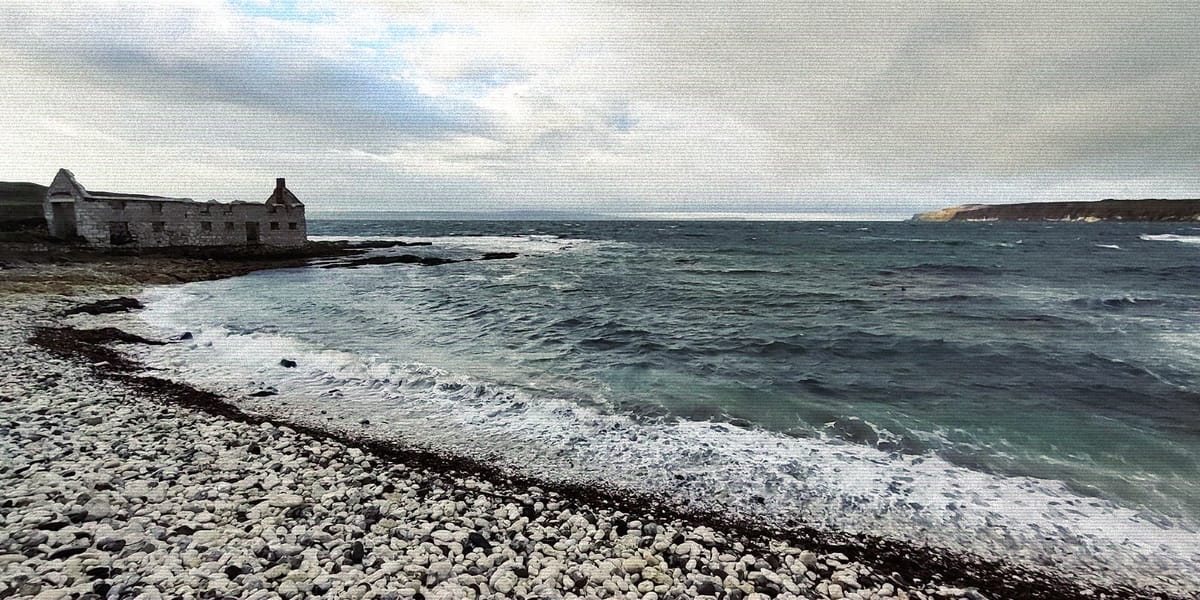
Looking deeper still makes me reflect on that period when my reality seemed to be heading towards the worst. It wasn't, but I didn't know then just as I didn't know I was going to lose my job.
It's a reminder of sorts that I was wallowing in my self-sustained isolation. Human nature though, right? And possibly part of the healing process...
It took me time to realise the initial pain was tough, but a normal reaction to something that knocked me for six. The reality is that just like Sam Porter Bridges, I needed to reach out and connect with people. Sometimes begrudgingly.
I wanted to - needed to - have my faith in humanity restored.
A couple of "bad eggs" shouldn't (and eventually didn't) dictate how I normally see the world. I'm more than my job. You're more than your job. I'm a husband, a father and an individual who loves art, science and helping people who need help.
I'm an introvert, but I need connection too.
The further I immerse myself in the world of Death Stranding, the more connections I make. The more I put myself out there, in the real world, the more connections I make.
The more I discover that people are inherently good. Not all connections are equal, but they are connections nonetheless.
That's life, right? Life is a choice. Making meaningful connections that enhance your experience to some degree. We can connect with those who will enhance our experiences, or we can connect with those who seek to manipulate and abuse.
In 2024, though playing Death Stranding, I finally understand that we can't have all the answers when we want them.
We just have to put one step ahead of the next and walk. Just keep walking and don't worry if it takes a little time.

